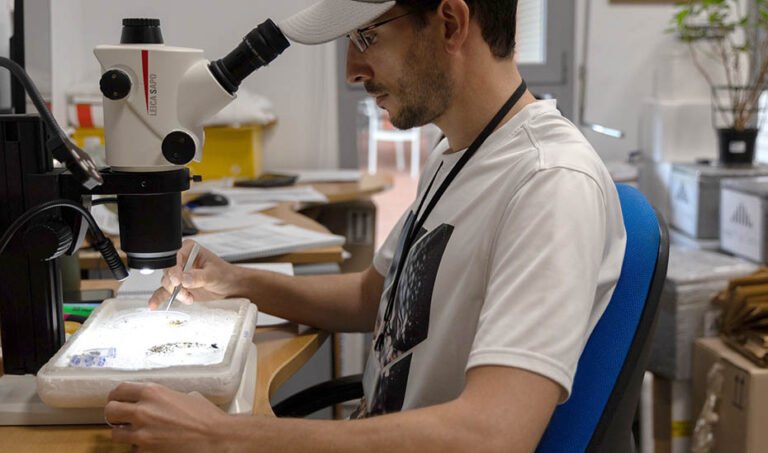
The Ministry of Agriculture, Fisheries, Water, and Rural Development has completed the payment of aids aimed at promoting sustainable practices in cotton and beet cultivation farms in Andalusia by the end of June. In total, a sum of €10,621,430 has been paid out, benefiting 3,063 applicants and a total of 37,827 hectares of crops.
These subsidies, part of the Strategic Plan for the Common Agricultural Policy of Spain (PEPAC), are reserved for rural development interventions focused on agri-environmental commitments in agricultural areas cultivating cotton or beets. With this intervention, the Andalusian government aims to offset some of the additional expenses that farmers must bear to cultivate sustainably. In this way, the Junta seeks to achieve a viable agricultural income and resilience in the agricultural sector, to improve long-term food security and agricultural diversity, as well as to ensure the economic sustainability of agricultural production.
To achieve this, the Junta de Andalucía has divided this aid into two, seeking mandatory commitments and also voluntary ones. On one hand, subsidized farms are required to incorporate mandatory environmental commitments when working on cultivation, requiring certification as integrated production, having a rotation system that includes eligible crops under this operation, and maintaining agricultural activity for a minimum of five years.
Additionally, beneficiaries commit to having at least half a hectare of cultivation, attending two training sessions, and participating in a technical monitoring and verification system through an integrated production certification entity. They must also bury crop residues in beets and incorporate crop residues in cotton. Likewise, they must establish an organic amendment through a legume crop in green manure at least once throughout the entire surface during the five years of the commitment.
Furthermore, beneficiaries of the previous operation can also benefit from the voluntary commitment operation established for farms with less than 15 hectares of committed land. In this case, the commitment involves establishing a natural amendment through a cruciferous crop for burial in green manure, once during the commitment period, which can be done in one year over the entire committed area or in several years as long as the total area is reached.
Seville and Cádiz, the most benefited provinces
Out of the over €10.6 million allocated to promote sustainable practices in these types of farms, almost €9.5 million goes to the 3,063 farms that have chosen to introduce mandatory commitments. Of these, 1,238 farms have also received payment for the voluntary commitment premium, adding €1.1 million to the previous figure to reach the total amount of €10.6 million.
Specifically, farms in Seville have received payment of €7.5 million, of which €6.7 million is allocated to mandatory commitments and €800,000 for voluntary commitments. In second place is the province of Cádiz, with €1.8 million, allocating €1.7 to mandatory commitments and €100,000 to voluntary ones.
Following them are the provinces of Jaén, with almost €800,000 allocated to environmental commitments (€600,000 for mandatory and almost €200,000 for voluntary), and Córdoba, with over €350,000 (€300,000 for mandatory and €50,000 for voluntary).
At a lower level are the provinces of Huelva, with almost €35,000 paid out; Almería, with €11,000, and Málaga, with almost €4,000.
In conclusion, these subsidies represent a decisive boost for the sustainability of Andalusian agriculture, reinforcing its economic viability, resilience against climate change, and protection of biodiversity.






